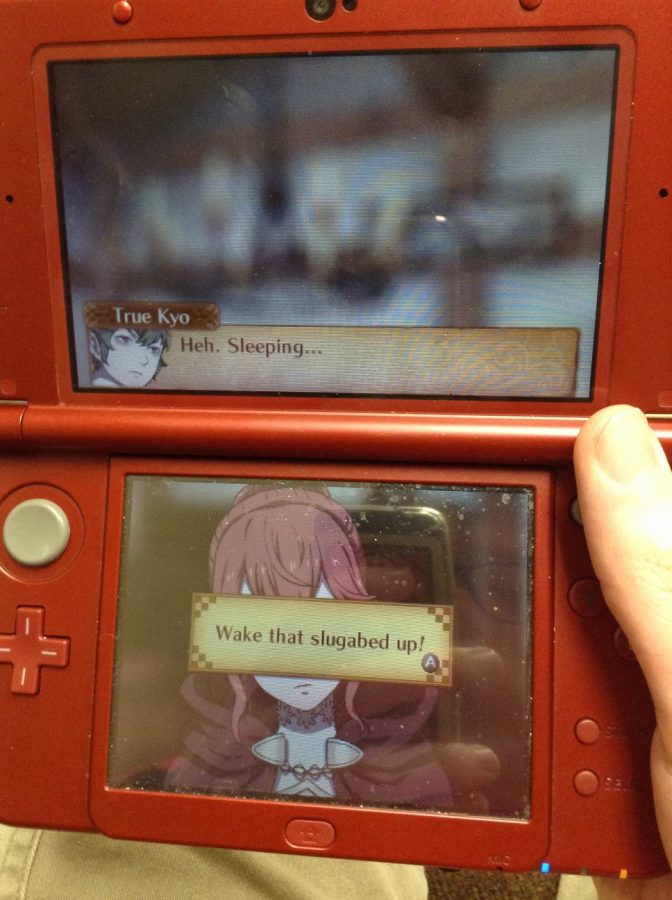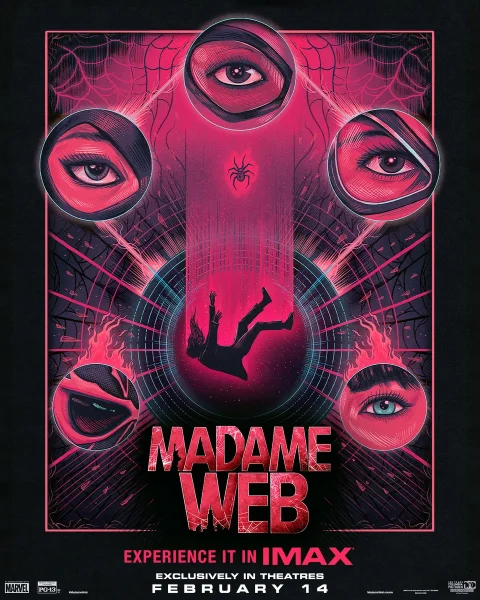A World Away
Why localization could change our culture
Localization can prevent awkward moments like these…
Culture is what makes us, as humans, unique. It’s what separates us from each other, either by state, country, or continent. This is why when importing goods like books, film, or video games, localization is needed to appeal to different cultures. Tame examples include changing common Japanese foods like rice balls to burgers in American versions of the Pokémon series and removing Nazi symbols from the South Park: The Stick of Truth game in German releases. But a couple of games released recently have brought localization to the forefront of topics.
When it comes to violence and sex, Japan and the United States are like night and day. While Japan is very accepting of sexual content in media and entertainment, they have a high intolerance for violence. Many shows like The Walking Dead or Game of Thrones would not thrive in Japanese culture because of their high amount of graphic violence. The very opposite is true in the United States’ culture. While we have a high tolerance for violence, we have very little tolerance for sexual content. This ends up being very messy for localization teams. Having to make a game, show, movie, or book that came from one culture adapt to an almost polar opposite culture is a daunting task, and one that will leave at least someone mad. Take the recent release of Fire Emblem Fates. Its predecessor, Fire Emblem Awakening, introduced a marriage mechanic and a player created avatar. Fates takes it further by including a mini-game where you can pet a character’s face and sometimes other body parts on the touch screen. If this sounds weird to you, you are most likely living in America. But in Japan, where the game was made, this isn’t strange. Localization teams knew that this would not go over well in the States, and would likely create controversy. So the petting mini-game was cut from the Western release, but kept in the Japanese release. To many players, this wasn’t really a problem. The inclusion of the petting mini-game would have left them feeling uncomfortable and not wanting to play the game publically. But some people got furious at the fact that Nintendo cut a whole portion of the game out just to appease the main culture.
Fates went on to sell record numbers for the series, so the cut mini-game did not impact sales in any way. What’s to stop Nintendo from cutting larger portions next time if they feel that Americans can’t handle the content? It’s a messy battle of localization vs censorship, and the boundaries are blurred. We have to ask ourselves: should we keep content unchanged, or adapt it to each culture? It’s a question that will become increasingly important as media continues to become globalized. Will we hold our unique values and traditions or continue to merge the human race into one culture? Consumers decide the outcome with every purchase they make, whether they like it or not. The decision is ours.
Sources used:
http://motherboard.vice.com/read/localizing-video-games-for-different-markets-is-a-minefield
https://www.youtube.com/watch?v=-1r5CKzI2Lo



